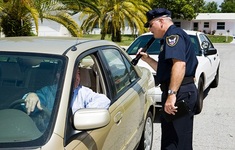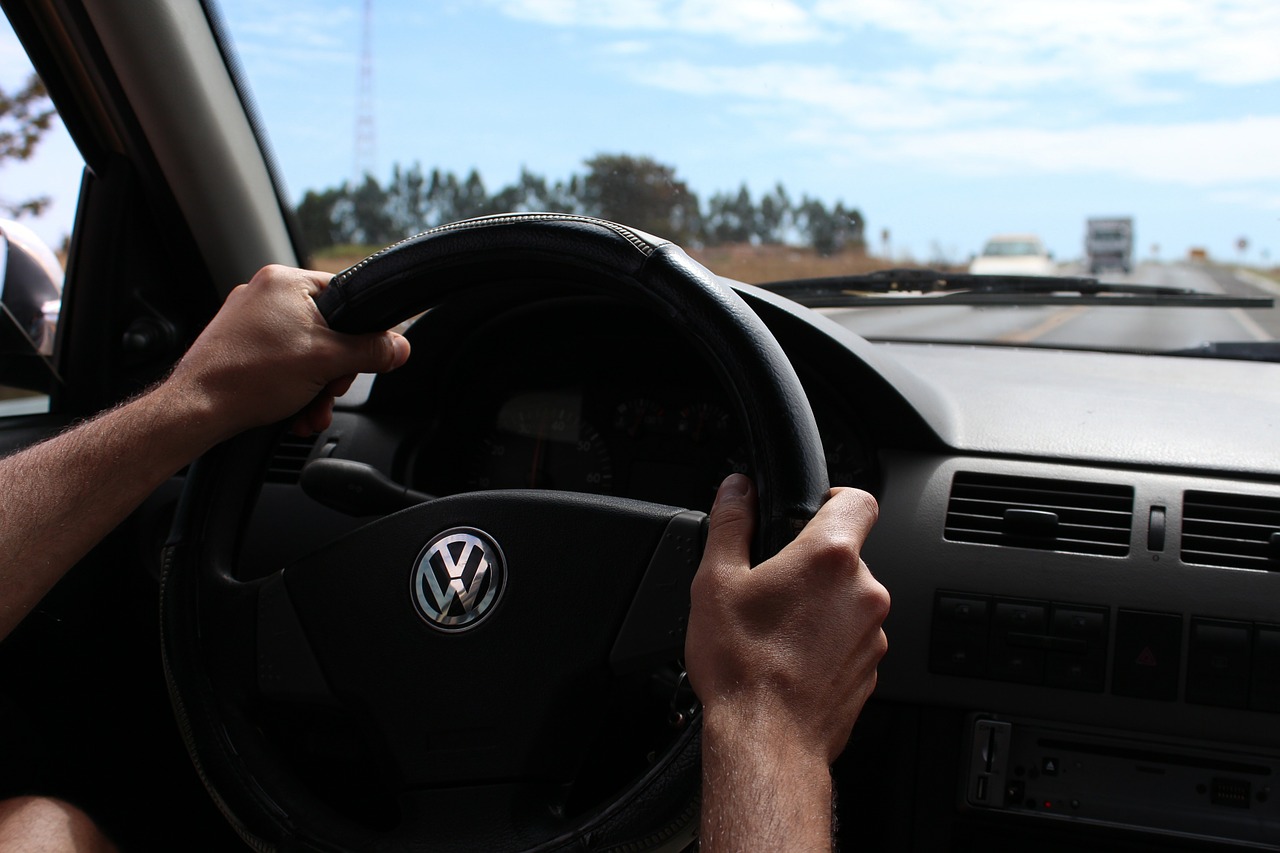The Pennsylvania Supreme Court recently ruled that police officers no longer need a warrant to search a person’s vehicle. Before the ruling, law enforcement could only search a person’s vehicle if they had a search warrant signed by a judge. Police officers in Pennsylvania can now search vehicles as long as they have “reasonable probable cause” to do so. 1
Before the ruling, Pennsylvania police officers who smelled marijuana inside a car or saw illegal controlled substances in plain view inside a vehicle but did not have a search warrant could only search the car with the driver’s consent. Only in “exigent circumstances,” or in situations where people were in imminent danger, evidence was about to be destroyed or a suspect was about to escape, could police officers search a vehicle without a warrant. 2
The ruling is considered a victory for Pennsylvania law enforcement and a blow to citizens’ rights. The Pennsylvania Supreme Court’s decision now puts the state’s vehicle search laws in line with federal law and the laws of many other states, including California. 3
California Search Laws at a Traffic Stop
In California, the police can only search your vehicle with a search warrant or if they have probable cause to do so.
“Probable cause” is a reasonable belief that something illegal is or was taking place in your car.
Examples of probable cause include:
- The sight of drugs or alcohol in plain view;
- The smell of drugs or alcohol; or
- Someone in the vehicle admitting guilt for a crime.
In these cases, the police would have probable cause to search your vehicle and make an arrest.
Traffic violations such as speeding, having a broken tail light or having expired vehicle registration tags are causes for you to be pulled over for a traffic stop, but not considered probable cause for police to search your vehicle. However, if the police pull you over for a traffic violation and see or smell drugs or alcohol, they would then have probable cause to search your vehicle.
Your car can also be searched if a police officer has probable cause to suspect a crime. A police officer could have probable cause to search your car if the officer sees blood in your car in plain view or if one of the victims has a black eye or other visible injuries.
Share Your Thoughts
What do you think about this decision? Do you think California laws are fair when it comes to searching your vehicle? We welcome your thoughts on this controversial issue.
1. [Pa. high court rules police no longer need warrant to search vehicles, April 30, 2014, http://www.washingtontimes.com/news/2014/apr/30/pa-high-court-rules-police-no-longer-need-warrant-/]↩
2. [Supreme Court: Pennsylvania cops no longer need a warrant to search citizens’ vehicles, April 30, 2014, http://lancasteronline.com/news/local/supreme-court-pennsylvania-cops-no-longer-need-a-warrant-to/article_6a407fc6-d077-11e3-8025-0017a43b2370.html]↩
3. [Id.]↩


